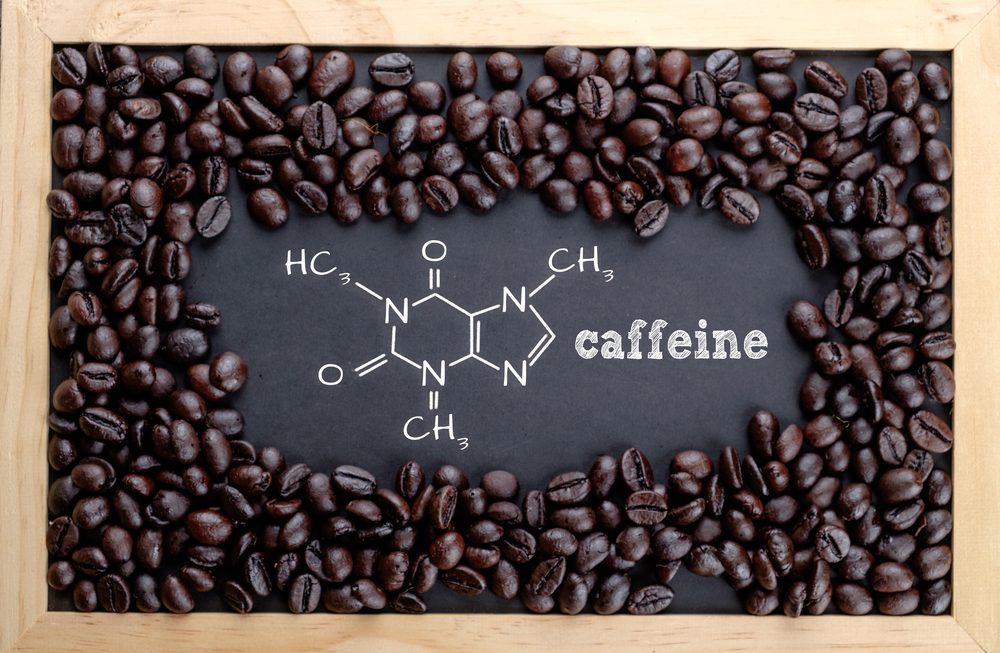Caffeine Boosts Neuroprotective Protein Lost in Huntington’s Patients, Study Finds

Caffeine boosts a neuroprotective protein in the brain that is lost in neurodegenerative conditions such as Huntington’s disease, according to a study.
Researchers identified 23 other compounds that also act on the protein, known as NMNAT2.
Since increasing the protein may help patients with Huntington’s or similar conditions, the researchers argue that it is crucial to understand why it is lost in such diseases in the first place. Tracking the molecular pathways linked to the 24 compounds may help scientists figure it out.
The study, “Screening with an NMNAT2-MSD platform identifies small molecules that modulate NMNAT2 levels in cortical neurons,” was published in the journal Scientific Reports.
“This work could help advance efforts to develop drugs that increase levels of this enzyme in the brain, creating a chemical ‘blockade’ against the debilitating effects of neurodegenerative disorders,” Hui-Chen Lu, the senior author of the study, said in a press release.
Lu is a professor at the Linda and Jack Gill Center for Biomolecular Science and the Department of Psychological and Brain Sciences at Indiana University Bloomington.
The research team’s earlier work revealed that NMNAT2 plays two important roles in the brain. To start with, it protects neurons from stress. With that protection, neuronal processes called axons die.
NMNAT2 also helps prevent misfolding of other proteins. Since misfolded proteins are believed to contribute to several neurodegenerative diseases, the research team decided it could be valuable to learn how NMNAT2 is controlled.
They designed a screening system that would detect molecules that either boosted or blocked NMNAT2, and screened 1,280 compounds. The search yielded 24 compounds that activated the protein, and 13 that blocked it.
One factor that activated NMNAT2 was caffeine. That finding may explain why earlier studies have noted links between caffeine intake and lower risk of dementia.
Since the 24 compounds act on several molecular pathways, the findings may help researchers understand the processes that are involved in reducing NMNAT2 levels in people with Huntington’s and other conditions.
“Increasing our knowledge about the pathways in the brain that appear to naturally cause the decline of this necessary protein is equally as important as identifying compounds that could play a role in future treatment of these debilitating mental disorders,” Lu said.






